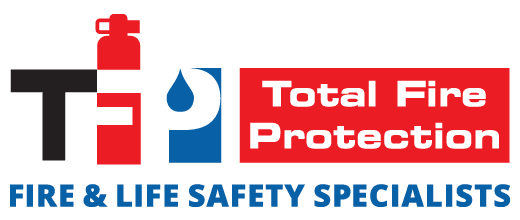 The Tax Cuts and Jobs Act (TCJA) included a provision allowing taxpayers to claim bonus depreciation deductions for interior property improvements of nonresidential buildings, known as qualified improvement property. In another segment of the act, the drafters defined qualified improvement property as “any improvement to an interior portion of a building which is nonresidential real property if such improvement is placed in service after the date such building was first placed in service.”
The Tax Cuts and Jobs Act (TCJA) included a provision allowing taxpayers to claim bonus depreciation deductions for interior property improvements of nonresidential buildings, known as qualified improvement property. In another segment of the act, the drafters defined qualified improvement property as “any improvement to an interior portion of a building which is nonresidential real property if such improvement is placed in service after the date such building was first placed in service.”
But the TCJA didn’t clarify that these deductions were eligible for any interior improvement after 15 years. Without this clarification, no improvement within 39 years was categorized as qualified improvement property. And as it stood, qualified property only applied to enhancements made within 20 years. Thus, executives and businesses were unable to qualify for bonus depreciation deductions.
The CARES Act has fixed this error. Now, there is a written line that attributes an explicit 15-year life to qualified improvement property. With this correction, qualified property is now eligible for bonus depreciation.
Because this typo withheld money meant to be given as deductions, taxpayers may retroactively claim bonus depreciation on property placed in service after December 31, 2017. That means taxpayers can qualify for a tax deduction for any interior improvement installed in the last two-and-a-half years. If you believe your qualified improvement property qualifies for a retroactive deduction, you can file an automatic change of accounting method or amend a previously filed tax return.
Bonus depreciation deductions can grant you up to 100% of your investment, but it depends on your effective tax rate. For example, let’s say you spend $450,000 upgrading building automation, life safety, or a security system. This purchase may now be able to be fully depreciated in 2020. Given an effective tax rate of 19.5%, you can receive $87,500 in tax savings.
The CARES Act also clarifies that qualified improvement property only comprises improvements made by the taxpayer. That eliminates used improvements or new improvements purchased by anyone else but the taxpayer.
Total Fire Protection fulfills all of your life safety and fire protection needs. Read more on our website today to learn about the latest news and trends pertinent to you.




